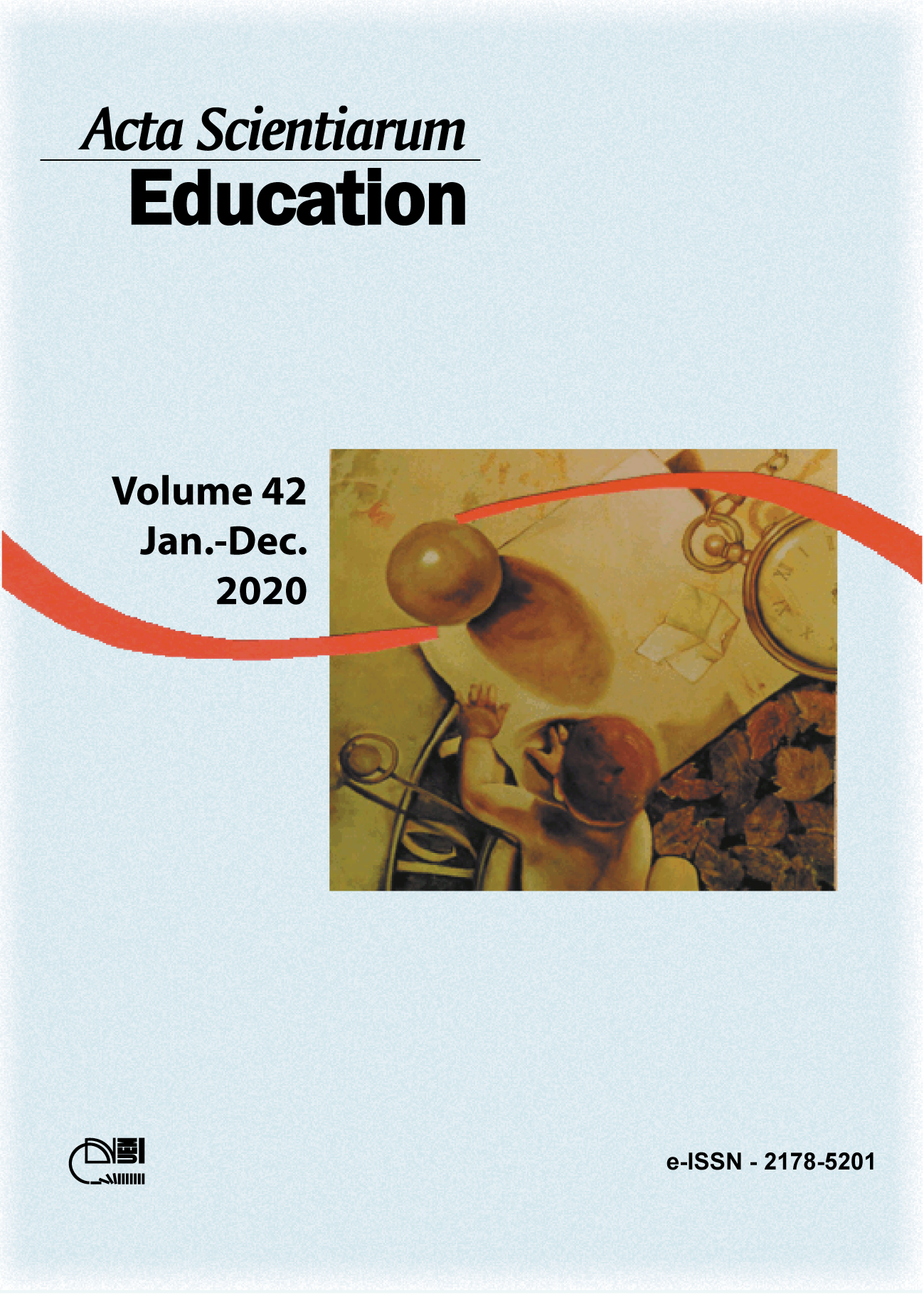Organicidade, institucionalidade e dimensão simbólica do Instituto Federal do Paraná: uma perspectiva sob o olhar de Pierre Bourdieu
Resumo
Este artigo tem por objetivo analisar a criação de Institutos Federais de Educação, Ciência e Tecnologia, que inaugurou uma nova fase na oferta de educação por instituições de Educação Profissional e Tecnológica no Brasil, a partir do estabelecido na lei de criação 11.892, de 29 de dezembro de 2008, que institui a Rede Federal de Educação Profissional, Científica e Tecnológica, e cria os Institutos Federais de Educação, Ciência e Tecnologia. Metodologicamente, o artigo fundamenta-se na teoria dos campos sociais de Pierre Bourdieu, especialmente a partir dos conceitos de campo social, habitus, capital social, capital cultural e capital científico. Desta forma, com base em documentos, legislação e apoio na literatura sobre o assunto, nota-se que existe uma lacuna entre o previsto no projeto de criação e na legislação sobre os Institutos Federais, de inclusão social e democratização do ensino público, e a concreta atuação docente balizada pela superestimação e sobrevalorização do perfil acadêmico comum nas universidades tradicionais.
Downloads
This work is licensed under a Creative Commons Attribution 4.0 International License.
DECLARAÇÃO DE ORIGINALIDADE E DIREITOS AUTORAIS
Declaro que o presente artigo é original, não tendo sido submetido à publicação em qualquer outro periódico nacional ou internacional, quer seja em parte ou em sua totalidade.
Os direitos autorais pertencem exclusivamente aos autores. Os direitos de licenciamento utilizados pelo periódico é a licença Creative Commons Attribution 4.0 (CC BY 4.0): são permitidos o compartilhamento (cópia e distribuição do material em qualquer suporte ou formato) e adaptação (remix, transformação e criação de material a partir do conteúdo assim licenciado para quaisquer fins, inclusive comerciais).
Recomenda-se a leitura desse link para maiores informações sobre o tema: fornecimento de créditos e referências de forma correta, entre outros detalhes cruciais para uso adequado do material licenciado.















































